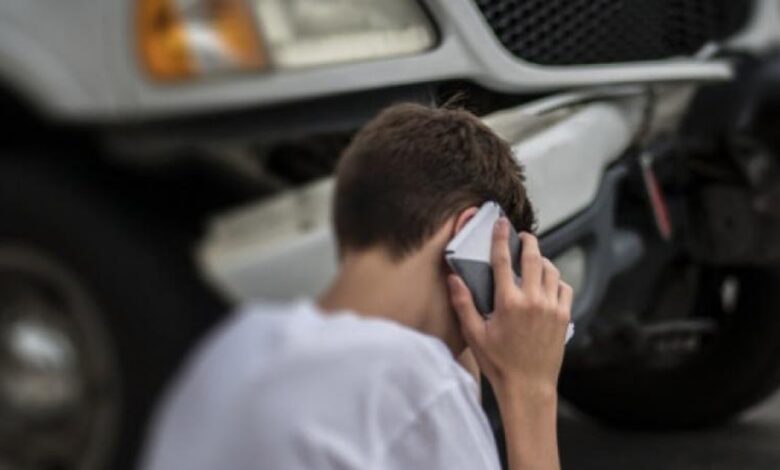8 Costly Car Accident Claim Mistakes to Avoid
Injured in a Toledo car accident? Learn Ohio’s claim laws, common mistakes to avoid, and how Groth & Associates can help you get fair compensation.

After a car accident, it can trigger a fight-or-flight reaction in our body, and we may be struggling to keep ourselves together. In Toledo, Ohio, navigating car accident claims requires understanding both Ohio’s fault-based insurance system and local accident trends. According to the Ohio Department of Public Safety, Lucas County, which includes Toledo, reports over 11,750 traffic crashes annually. The Toledo Police Department data shows that intersections along major routes like I-75, I-475, and Reynolds Road are particularly accident-prone. Understanding Ohio’s comparative negligence rules and the state’s two-year statute of limitations is essential for protecting your rights after a collision.
If you know how to manage a claim, it can be a game-changer. If you’ve been involved in an accident, consulting with experienced Toledo car accident lawyers at Groth & Associates can help you avoid costly mistakes and ensure you receive fair compensation for your injuries and damages. Steering clear of common mistakes can lead to a smoother process and a fair outcome. Here are eight mistakes to avoid when filing a car accident claim.
1. Failing to Gather Evidence
Evidence gathering is extremely important after an accident. Your first task should be to capture photos of the scene, vehicle damage, and visible injuries, if any. Witness statements can also help corroborate your claim. Without proper evidence, it is difficult to build a strong case. Accurate documentation strengthens a case.
2. Not Reporting the Accident Promptly
Timely reporting is essential. Whoever was at fault for the incident, the police and insurance company must be notified at the earliest moment to ensure the claim is valid. Such a delay can make the accident look questionable. Timely reporting gives everyone involved access to the correct information.
3. Admitting Fault at the Scene
Many find it difficult after an accident not to feel apologetic for what has happened; however, often, this is an error that can cause repercussions. The Insurance Information Institute states that you can use statements made at the scene to later argue liability, even if you weren’t at fault. Stick with the facts without attributing blame. Leave it to insurance companies and authorities to determine fault with the evidence.
4. Overlooking Medical Evaluation
It is always good to seek medical attention, even for an apparently minor injury. Some injuries may not be immediately noticeable. A medical report is a clear documentation of the injuries you have sustained. This documentation is essential for a claim because it correlates the injuries to the accident.
5. Settling Too Quickly
Insurers may be tempted to provide a rapid settlement. Although it can be very easy to accept, often, it is within a person’s best interest to wait until all injuries and damages are fully assessed. Accepting a settlement too early may not provide for future medical costs or costs associated with damages discovered later. Sometimes, waiting a bit can provide for a complete settlement.
6. Not Understanding the Insurance Policy
Knowing the ins and outs of insurance is very important. All policies come with specific terms, such as what they do and do not cover. This knowledge is integral for identifying what is covered. If you think a policy works one way and it doesn’t, you could miss out on getting compensated for those losses.
7. Providing Incomplete or Inaccurate Information
Accurately delivering information is critical. Provide complete and correct details, as missing or wrong details may delay the claim process or even lead to a denial. Be sure to complete all forms and provide everything that is requested. Verifying details can avoid unnecessary complications.
8. Not Seeking Legal Advice
If the claims are complex, you may require assistance. A legal professional may have some valuable tips to help. An attorney can assist with negotiating a resolution and making sure your rights are preserved. Legal advice can frequently result in a better outcome.
Conclusion
These simple mistakes can affect the outcome of a car accident claim. Some steps can help, like gathering evidence, reporting promptly, and knowing insurance policies. The best course of action is to get checked out medically and seek legal advice when needed. Staying informed and careful allows people to get compensated properly and helps in their recovery. Maintaining patience and making prudent choices can ease a difficult situation.











